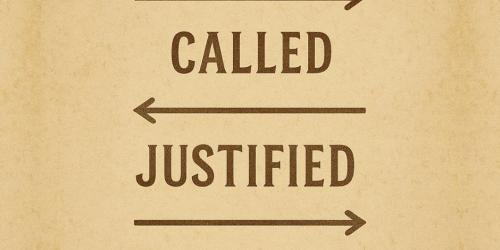Warnings Are Not Threats—They Are Grace
Why God’s Rebukes Are a Means of Preserving the Elect
One of the great misunderstandings in our day is how the warnings in Scripture are meant to function in the life of the church. These warnings—found not only in the Gospels, but woven throughout the New Testament epistles—are not directed at nameless outsiders. They are addressed to real congregations, to people who sit under the preached Word, partake in the sacraments, and profess faith in Christ.











